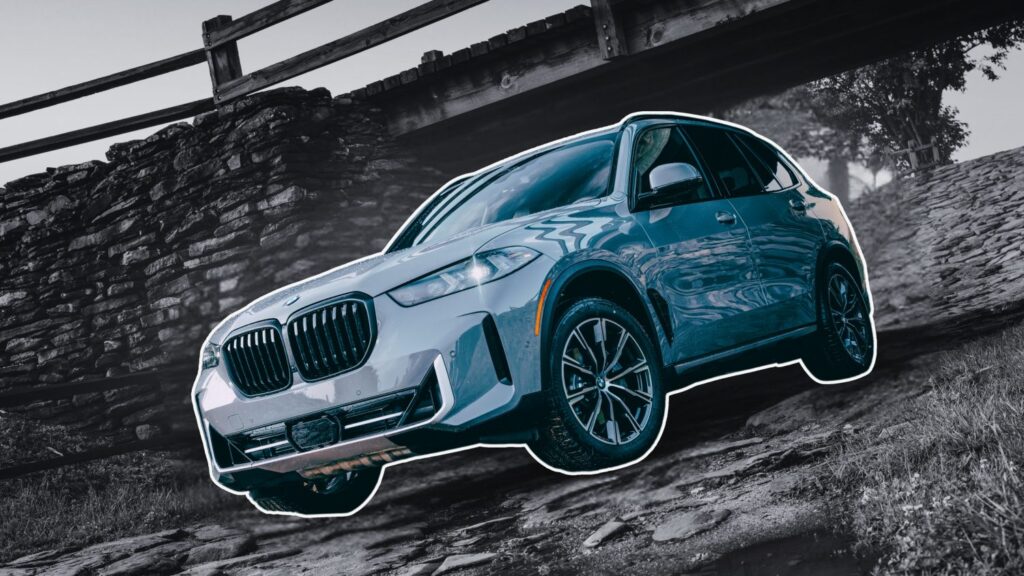Recall and Sales discontinued Despite a temporary loss of momentum, BMW narrowly edged out Mercedes-Benz and maintained its position as the top brand in the U.S. luxury segment in 2024.
BMW’s fourth quarter results were impressive, with sales up 8.9% to 117,506 vehicles. This rapid growth enabled the brand to end the year with: Total number of units: 371,346 units were sold, an increase of 2.5% compared to 2023.
Lexus also had a great year, securing second place with record U.S. sales of 345,669 units. Mercedes-Benz came in third place with a total of 324,528 units sold, an increase of 9% from the previous year.
luxury segment as a whole Total sales increased by 5.5% and market share reached 13% in 2024. It was mixed Across the brand, jaguarLand Rover, Lincoln, Cadillac, Genesis, and Porsche all grew. In contrast, sales for Audi, Acura, Volvo, Infiniti, and Alfa Romeo decreased.
What stands out is the widening gap between the top three companies – BMW, Lexus and Mercedes – and the rest of the segment. No other luxury brand has surpassed the 200,000 unit sales threshold in 2024, highlighting the dominance of major brands in the market.
lease It has become an important factor in the growth of the luxury goods market. After a pandemic-induced downturn, leasing penetration has rebounded to about 40%, making luxury cars more accessible to consumers looking for them with lower monthly payments than traditional financing.
As the luxury sector continues to focus on improving the customer experience through advanced technology and unique service offerings, the distinction between luxury and consumer brands is becoming clearer. Luxury brands are less concerned with quantity and more focused on providing a premium experience that resonates with affluent buyers.



